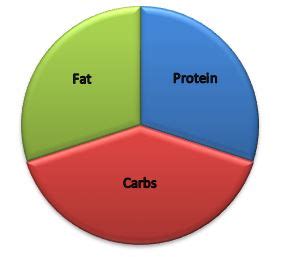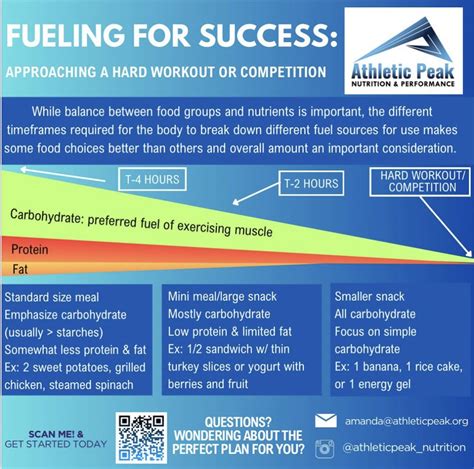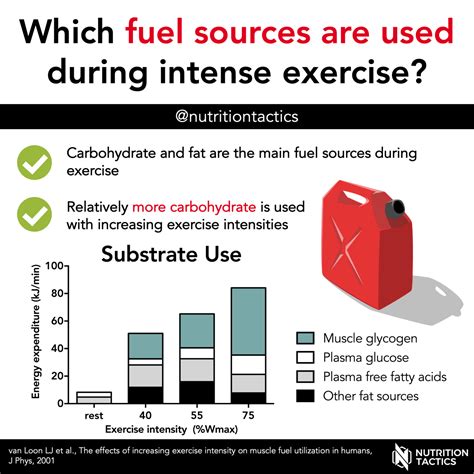Understanding how your body’s nutritional needs shift over time is fundamental to maintaining vitality and health as a man. While the core macronutrients – protein, carbohydrates, and fats – remain essential at every stage of life, their recommended ratios and quantities are far from static. Age brings about physiological changes, including shifts in metabolism, muscle mass, hormone levels, and activity patterns, all of which dictate a dynamic approach to fueling your body optimally.
The Dynamic Nature of Macronutrient Needs
As men age, their bodies undergo significant transformations. Basal metabolic rate (BMR) tends to decrease, meaning fewer calories are needed to maintain basic bodily functions. Lean muscle mass often declines (a process called sarcopenia), bone density can lessen, and the body’s efficiency in processing nutrients may change. These factors necessitate a thoughtful recalibration of macronutrient intake to prevent weight gain, preserve muscle, support bone health, and maintain energy levels and cognitive function.

Younger Men (20s-30s): Fueling Peak Performance
For men in their 20s and 30s, metabolic rates are typically higher, and physical activity often peaks. This phase is ideal for building and maintaining muscle mass, supporting high energy levels, and fostering long-term health habits. Macronutrient recommendations often lean towards:
- Protein: High intake is crucial for muscle synthesis and repair, especially if actively engaged in strength training. Aim for 0.8-1.2 grams per pound of body weight, or even higher for intense athletes.
- Carbohydrates: Complex carbohydrates are vital for providing sustained energy for workouts and daily activities. Depending on activity level, these can constitute 45-60% of total daily calories.
- Fats: Healthy fats (from sources like avocados, nuts, seeds, and olive oil) are important for hormone production and overall health, typically making up 20-35% of total calories.
Middle-Aged Men (40s-50s): Preserving Muscle and Metabolic Health
As men enter their 40s and 50s, a decline in metabolism becomes more noticeable, and preventing muscle loss becomes a primary focus. Weight management can become more challenging, and cardiovascular health gains increased importance. Adjustments often involve a slight reduction in overall caloric intake, with strategic macronutrient allocation:
- Protein: Maintaining a high protein intake (similar to younger years, or slightly less per pound of body weight due to lower overall calorie needs) is critical to combat sarcopenia and support satiety, which aids in weight management.
- Carbohydrates: Focus on nutrient-dense, high-fiber carbohydrates to support digestive health, stabilize blood sugar, and provide sustained energy without excessive calories. Reducing refined sugars and processed carbs is key.
- Fats: Continue emphasizing healthy fats, particularly omega-3 fatty acids, for cardiovascular and brain health. Monitor total fat intake to manage overall calorie consumption.

Older Men (60+): Supporting Sarcopenia Prevention and Cognitive Function
For men aged 60 and beyond, the battle against muscle loss intensifies, and nutrient absorption may become less efficient. Nutritional strategies must prioritize preserving lean mass, supporting bone health, and maintaining cognitive function and overall vitality.
- Protein: Protein needs often increase on a per-kilogram basis for older adults to counteract sarcopenia. Aim for 1.0-1.2 grams of protein per kilogram of body weight, or even higher, distributed throughout the day.
- Carbohydrates: Prioritize fiber-rich whole grains, fruits, and vegetables to support digestion and gut health, which can decline with age. Managing blood sugar is paramount.
- Fats: Healthy fats remain crucial for cognitive health and inflammation reduction. Omega-3s are particularly beneficial for brain function and heart health.

Key Macronutrient Considerations Across All Ages
Protein: The Muscle Builder
Protein is vital for muscle repair, growth, and the production of enzymes and hormones. As men age, the body’s anabolic response to protein can diminish, meaning older men might need more protein per meal to stimulate muscle protein synthesis effectively. Focus on lean sources like poultry, fish, eggs, dairy, legumes, and lean red meat.
Carbohydrates: The Energy Source
Carbohydrates provide the primary fuel for the body and brain. The key is to choose complex carbohydrates (whole grains, vegetables, fruits) over simple, refined ones. Fiber-rich carbs also aid digestion and satiety, which become increasingly important with age.
Fats: The Essential Regulator
Fats are crucial for hormone production, nutrient absorption, cell function, and providing concentrated energy. Emphasize unsaturated fats (monounsaturated and polyunsaturated) found in avocados, nuts, seeds, olive oil, and fatty fish (rich in omega-3s). Limit saturated and trans fats.

Practical Steps for Age-Optimized Nutrition
Adapting your macronutrient intake to your age doesn’t have to be complicated. Start by assessing your current activity level and health goals. Pay attention to your body’s signals regarding hunger, energy, and recovery. Incorporate a variety of whole, unprocessed foods into your diet. Cooking at home allows for better control over ingredients and portion sizes.
Regular strength training is also a critical companion to age-optimized nutrition, as it signals the body to retain and build muscle, enhancing the effectiveness of protein intake. Consulting with a registered dietitian or nutritionist can provide personalized guidance, helping you fine-tune your macronutrient ratios to meet your unique needs and ensure you’re optimally fueled for vitality and health at every stage of life.

Conclusion
A man’s age is a pivotal factor in determining his optimal macronutrient intake. From the high-energy demands of youth to the muscle-preserving and health-maintenance needs of later years, a proactive and adaptive approach to protein, carbohydrates, and fats is essential. By understanding these shifts and making informed dietary choices, men can empower their bodies to thrive, ensuring sustained vitality and robust health throughout their entire lifespan.




